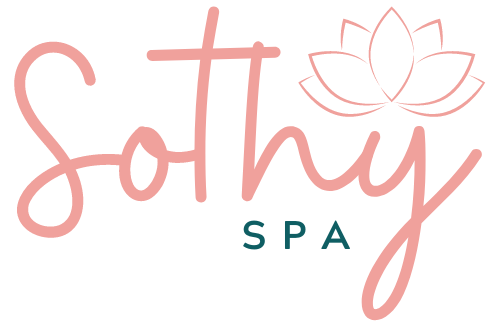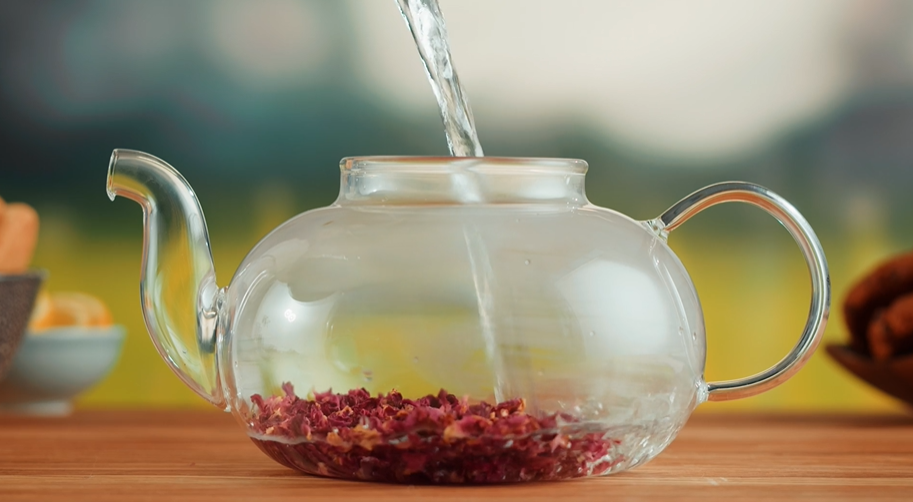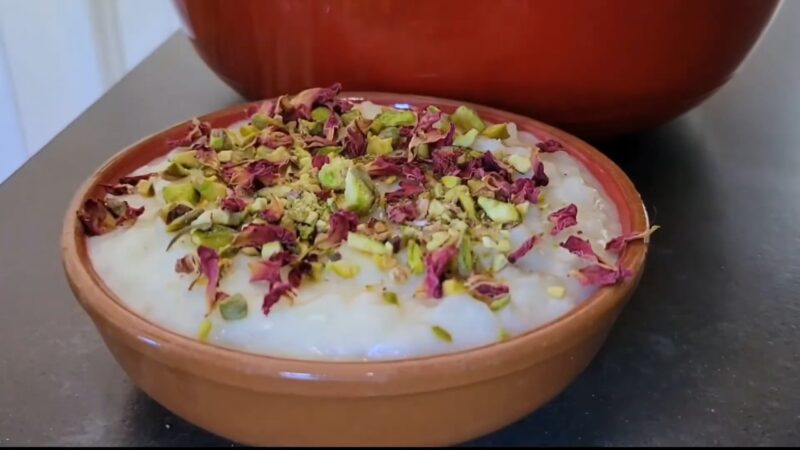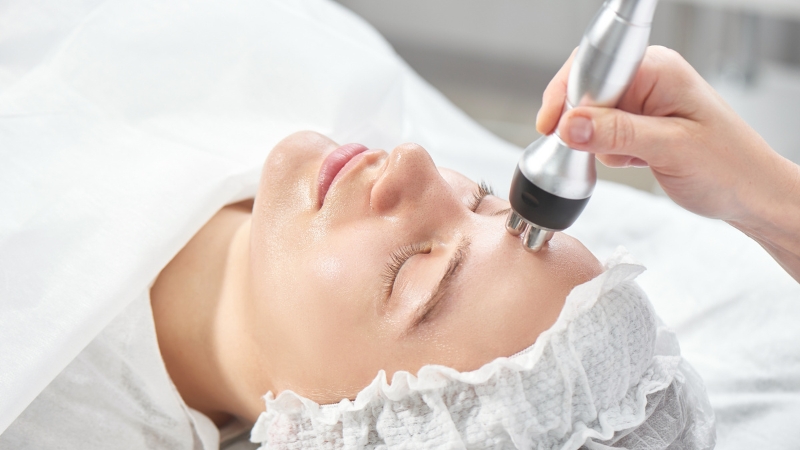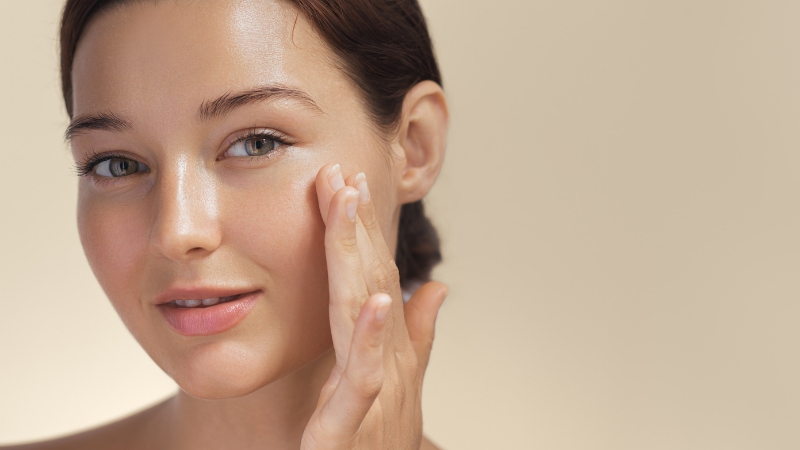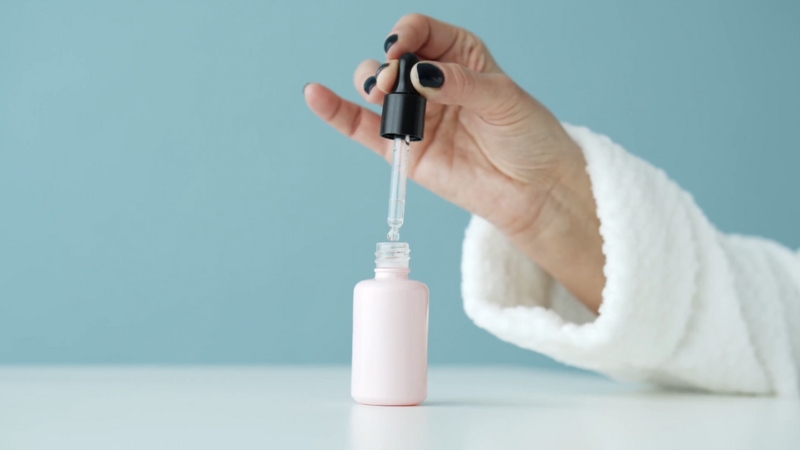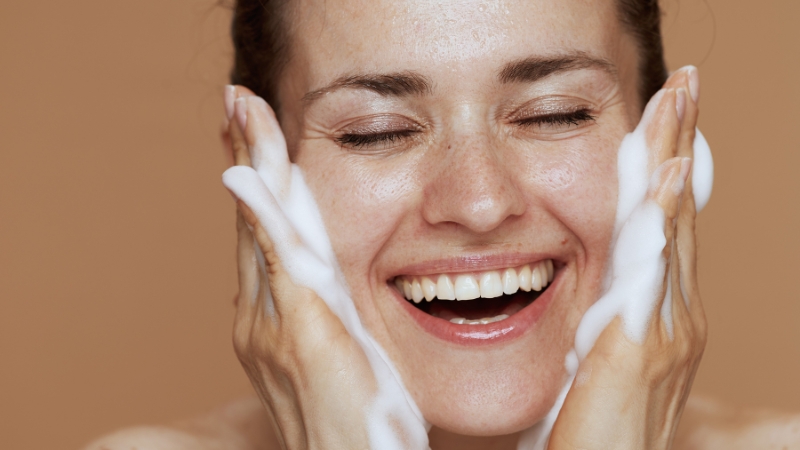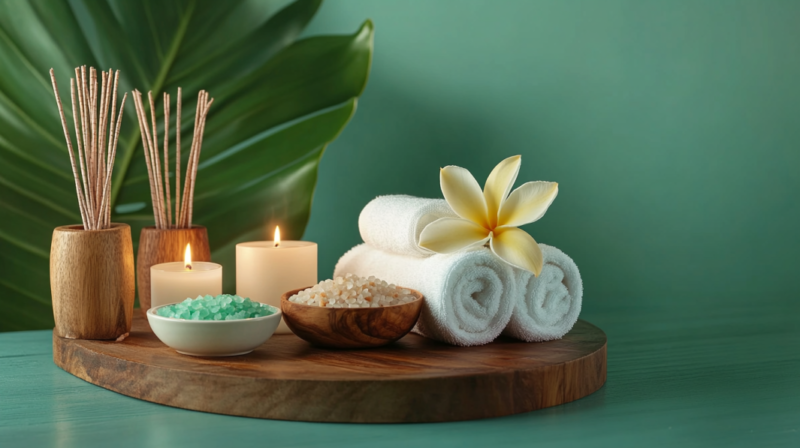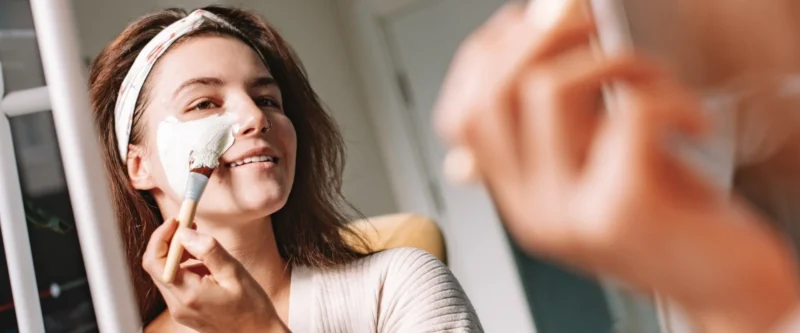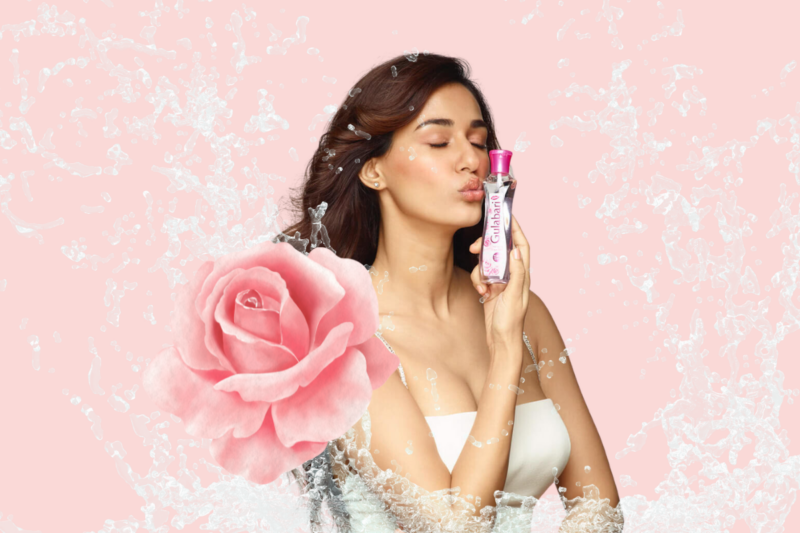
Share Post:
Rose water has been a key ingredient in both culinary and cosmetic practices for centuries. It’s often used to add a subtle floral touch to dishes, especially in Middle Eastern, South Asian, and Mediterranean cuisines.
However, not every type of rose water is suitable for cooking, and this distinction becomes critical when discussing products like Dabur Gulabari Rose Water. While widely recognized for its effectiveness in skincare, questions arise about its safety when used in food.
Why Dabur Gulabari Rose Water Should Not Be Used in Food?
Using Dabur Gulabari Rose Water in culinary applications can be risky for several reasons:
- Non-Food-Grade Ingredients: The preservatives and synthetic fragrances used in Dabur Gulabari Rose Water are not intended for consumption. Ingesting these can lead to gastrointestinal issues, allergic reactions, and even long-term health problems.
- Absence of Food-Grade Certification: Dabur Gulabari is not labeled as food-grade. This certification is crucial as it ensures the product is safe for consumption. The absence of this label clearly indicates that it should not be used in food.
What is Dabur Gulabari Rose Water?
Dabur Gulabari Rose Water is a popular product marketed primarily as a skincare solution. It is promoted as a natural toner that refreshes and cleanses the skin. Its main ingredients include water, rose oil, fragrance, and preservatives like sodium benzoate and phenoxyethanol. These ingredients contribute to its effectiveness in cosmetic applications, but also raise significant concerns when it comes to ingestion.
While rose oil and water are commonly found in food-grade rose waters, Dabur Gulabari’s inclusion of synthetic fragrances and preservatives makes it unsuitable for consumption. Products designed for culinary use undergo rigorous testing to ensure they meet safety standards for ingestion, while cosmetic products do not.
Key Differences Between Food-Grade and Cosmetic-Grade Rose Water
Not all rose waters are created equal. Food-grade rose water is specifically labeled as edible, indicating that it has passed safety tests and is free from harmful additives. This is not the case with products like Dabur Gulabari, which is intended solely for external use.
Food-grade rose water typically contains only distilled water and rose petals, with no added chemicals. On the other hand, cosmetic-grade rose waters often include preservatives, stabilizers, and synthetic fragrances, which, while safe for the skin, are not safe for ingestion.
Risks of Using Cosmetic-Grade Rose Water in Cooking
If you mistakenly use Dabur Gulabari Rose Water in a dish, there are several potential side effects. The preservatives and chemicals present in non-food-grade rose water can cause nausea, stomach discomfort, and allergic reactions. Phenoxyethanol, one of the preservatives found in Dabur Gulabari, is known to be safe in small amounts for topical use but can be toxic when ingested. Additionally, sodium benzoate, while approved for limited use in food, can be harmful in higher concentrations, especially when combined with certain acidic ingredients.
Given these risks, it is crucial to ensure that any rose water used in cooking is explicitly labeled as food-grade.
Safe Alternatives
For those who want to add the delicate flavor of rose water to their culinary creations, it’s essential to use a product that is specifically designed for food. Dabur offers an alternative product called Dabur Gulabari Zaika, which is formulated for culinary use. This version of rose water is food-grade and safe for consumption, making it a suitable choice for adding floral notes to desserts, beverages, and even savory dishes.
When shopping for rose water for cooking, look for products that:
- Clearly state they are food-grade or edible.
- Do not contain any synthetic fragrances or harmful preservatives.
- Are labeled specifically for culinary use.
How to Use Food-Grade Rose Water in Cooking
Food-grade rose water can be a versatile ingredient in both sweet and savory dishes. Here are some popular ways to use it:
- Desserts: Rose water is a common ingredient in sweets like baklava, gulab jamun, and Turkish delight. Its floral flavor balances the richness of these treats.
- Beverages: Add a few drops to lemonade, iced tea, or cocktails for a refreshing twist. Rose water also enhances traditional drinks like lassi and falooda.
- Baking: Incorporate rose water into cakes, cookies, and pastries for a unique, aromatic flavor.
- Savory Dishes: In Persian and Indian cuisine, rose water is used in rice dishes, sauces, and marinades, offering a subtle floral note that complements the spices.
When using rose water in cooking, start with a small amount and gradually increase according to taste. Its flavor is potent and can easily overpower a dish if overused.
Common Misconceptions About Rose Water
There are several myths surrounding the use of rose water in cooking. Let’s clarify some of these misconceptions:
- All Rose Water is Safe for Cooking: This is false. Only rose water labeled as food-grade should be used in cooking. Dabur Gulabari, for example, is not safe for consumption.
- Natural Means Edible: Just because a product is labeled as natural doesn’t mean it’s safe to eat. Dabur Gulabari is natural but contains preservatives and additives that are not safe for ingestion.
- Homemade Rose Water is Always Safe: Making rose water at home can be risky if not done correctly. If the flowers used have been treated with pesticides or if the water is not distilled properly, the end product can be harmful when consumed.
FAQs
Can I put Dabur Gulabari Rose Water in my food?
No, Dabur Gulabari Rose Water is not safe for food. It’s made for skincare, and it contains chemicals and preservatives that aren’t meant for consumption.
What’s the difference between edible rose water and Dabur Gulabari?
The main difference is that edible rose water is food-grade and safe to consume, while Dabur Gulabari is for external use only. Edible rose water is labeled specifically for culinary use and doesn’t contain harmful additives.
Is it dangerous to drink Dabur Gulabari Rose Water?
Yes, it can be dangerous. Drinking Dabur Gulabari Rose Water could lead to stomach issues, nausea, or allergic reactions because of the non-food-grade ingredients it contains.
Can I use Dabur Gulabari Rose Water in desserts?
No, you shouldn’t use Dabur Gulabari in desserts. Use food-grade rose water instead, as it’s specifically made for cooking and is safe for consumption.
What’s the best rose water for cooking?
Look for rose water that’s labeled “food-grade” or “culinary rose water.” These options are safe for cooking, unlike Dabur Gulabari, which is meant only for skincare.
Last Words
Dabur Gulabari Rose Water is designed for skincare and cosmetic use, not for culinary purposes. The presence of preservatives, synthetic fragrances, and the lack of food-grade certification make it unsafe for consumption.
If you’re looking to add the subtle floral essence of rose water to your dishes, opt for a food-grade product like Dabur Gulabari Zaika or other culinary-specific rose waters. This ensures not only the best flavor but also the safety of your food.
Related Posts:

